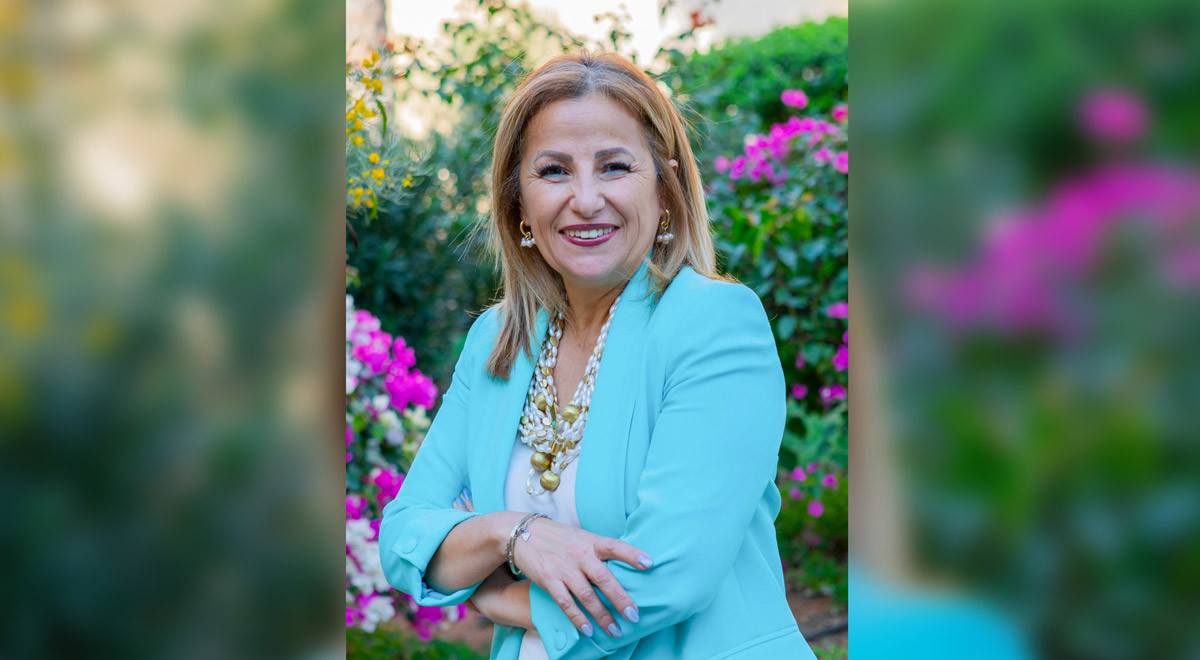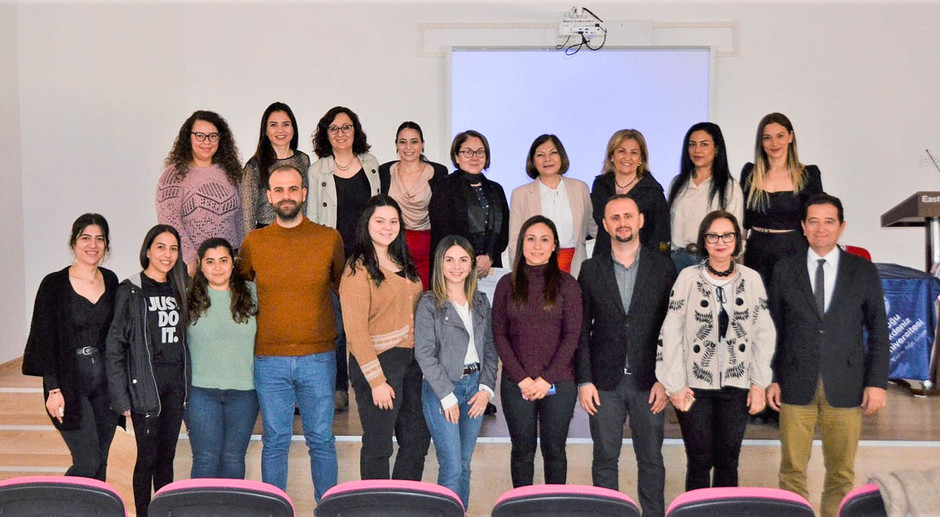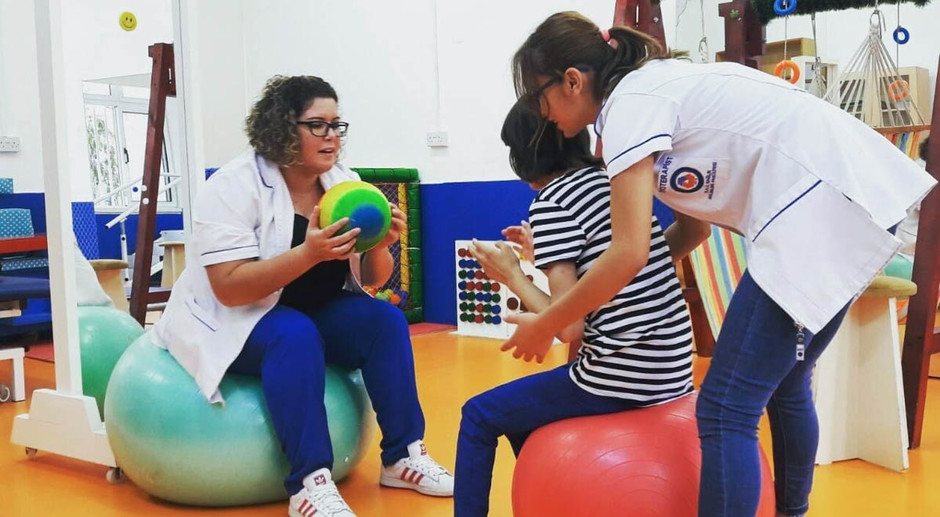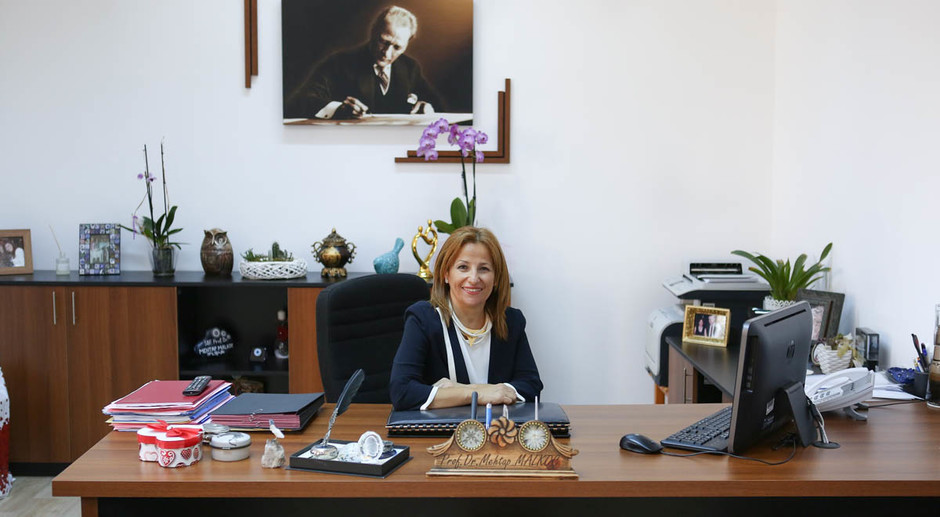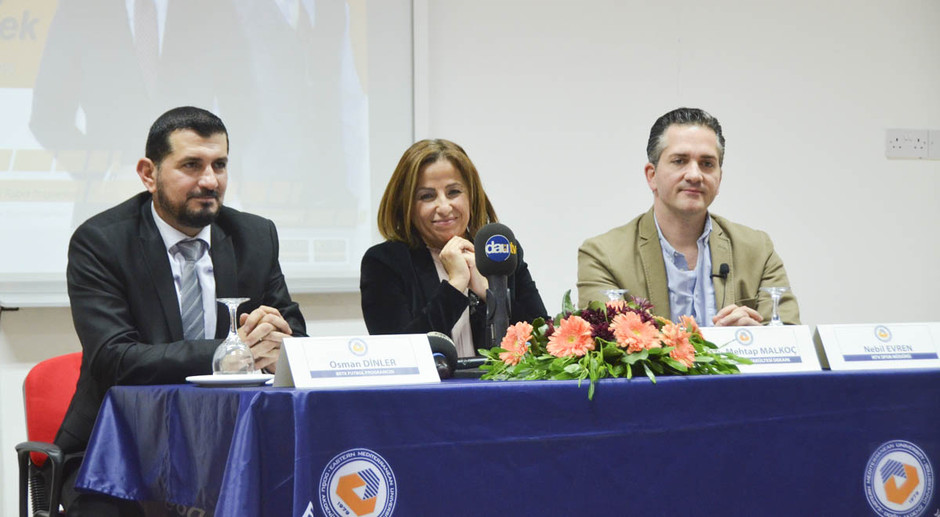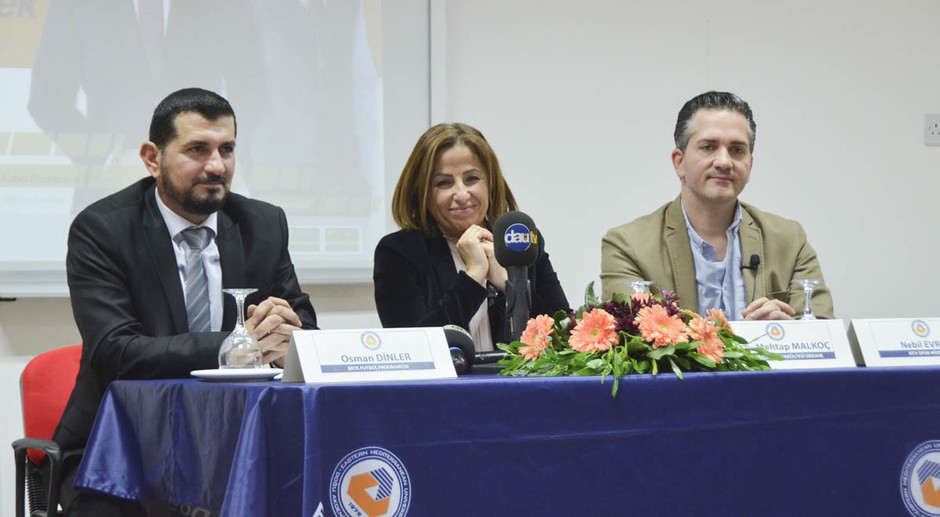“TAKE A BREATH, MOVE AND FEEL YOU ARE ALIVE THANKS TO PULMONARY REHABILITATION!”
Eastern Mediterranean University (EMU), Health Sciences Faculty Dean Prof. Dr. Mehtap Malkoç released a statement on the occasion of 10 – 16 March, Pulmonary Rehabilitation Week. The statement reads as follows:
“Pulmonary Rehabilitation; is a set of comprehensive practices recommended alongside medical treatments for patients with long-term respiratory problems. It aims to improve the physical and psychological conditions of these patients and enhance their health through individually tailored exercise training and patient education.
Pulmonary rehabilitation programs are carried out by a multidisciplinary team consisting of a specialist pulmonologist and/or other specialist practitioners, physiotherapists, nurses, dieticians and psychologists who are experts in their specific fields. The goal of these programs is to eliminate the difficulty in breathing and functional impairments caused by the diseases, increase the capacity of exercise, educate the patients and their families about the disease, provide psychosocial support with the aim of eliminating the negative impacts arose from the disease and, reintroduce the daily activities. In recent years, smoking cessation methods have also gained significant importance in pulmonary rehabilitation, which is still in the early stages of development in our country.
Who is in the pulmonary rehabilitation team?
The pulmonary rehabilitation team consists of specialist pulmonologists, physiotherapists, instructor nurses, psychiatrists, psychologists, dietitians and occupational specialists.
Who are candidates for pulmonary rehabilitation?
Pulmonary rehabilitation can be applied in various lung diseases including COPD (Chronic Obstructive Pulmonary Disease), asthma, bronchiectasis, interstitial lung diseases, cystic fibrosis, pre and post lung transplantation, neuromuscular diseases, lung cancer, and obesity-related lung diseases.
In addition to chronic lung diseases, pulmonary rehabilitation is recommended for patients who are experiencing ongoing shortness of breath, fatigue and restriction in their daily activities following being exposed to COVID-19 infection which has significant impacts in our country as well as worldwide for the last few years.
What are the contents of pulmonary rehabilitation program?
Fundamentally, alongside exercise training, there are components such as personalized nutrition recommendations, education programs for patients and their families, and psychological support. Candidate patients are enrolled in the program if they do not have any health conditions that would hinder exercise following evaluation. At the beginning of the program, patients are assessed in terms of exercise performance, nutritional status, anxiety, and depression. A personalized exercise training program designed for each patient is developed, and nutritional and psychological support is added to the program when necessary. The goal of the pulmonary rehabilitation program is to ensure that the patient continues the exercise habits they have gained. The aim of the exercise-based healthy eating and healthy lifestyle teachings provided in the pulmonary rehabilitation program is to make them habitual and part of the patient’s ‘lifestyle’.
Reduced ability to exercise is a major concern for those suffering from chronic respiratory conditions. Prolonged periods of inactivity due to breathlessness and/or fatigue contribute to a gradual decline in bone and muscle mass, as well as heart and lung function, ultimately affecting overall exercise capacity. However, exercise training can counteract these effects by enhancing muscle strength and endurance, enabling individuals to walk greater distances, improving joint flexibility, promoting relaxation, boosting energy levels, enhancing heart function, and alleviating fatigue and breathlessness. Moreover, the beneficial impact of exercise on the immune system aids in defending against infections.
In addition to the personalized exercise and relaxation program implemented for the patients by our expert academic staff members at our faculty, training programs are also organized from time to time. Training of the patient and his/her family constitutes another important part of Pulmonary Rehabilitation programs. The training can either be delivered personally or in groups with the use of written and visual materials. Therefore, patients with prolonged respiratory problems can exercise in a much safer manner owing to our pulmonary rehabilitation programs.”

